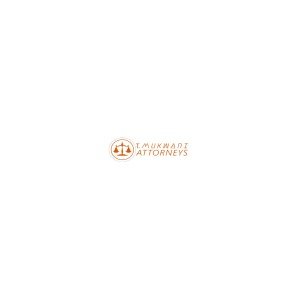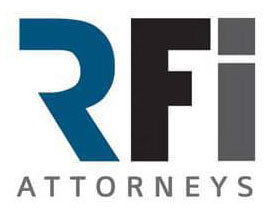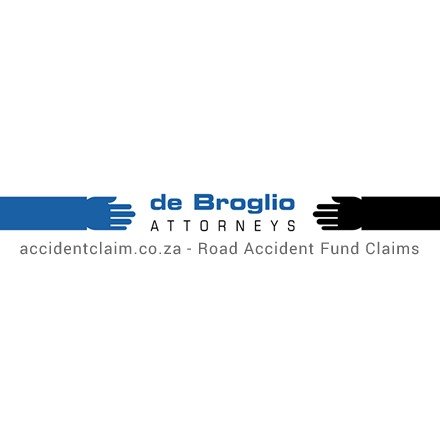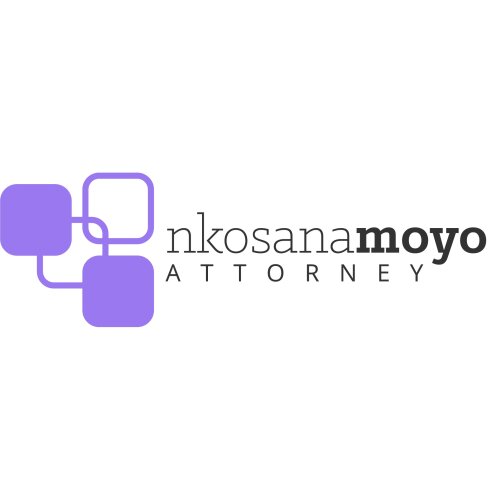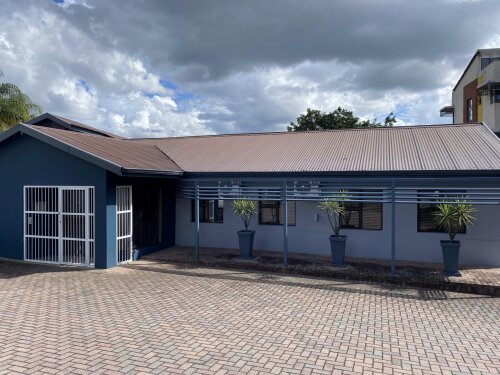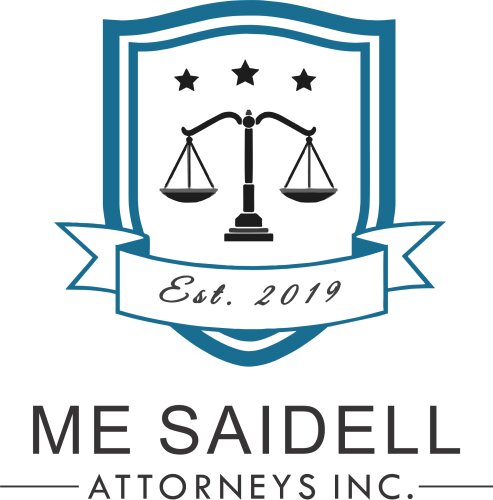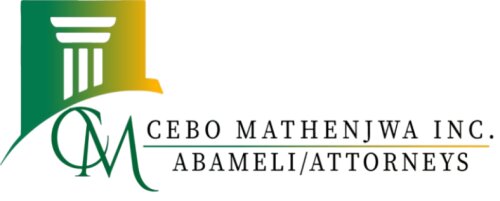Best Wrongful Death Lawyers in Johannesburg
Share your needs with us, get contacted by law firms.
Free. Takes 2 min.
List of the best lawyers in Johannesburg, South Africa
About Wrongful Death Law in Johannesburg, South Africa:
Wrongful death in Johannesburg, South Africa, refers to a scenario where a person dies due to the negligence or intentional actions of another party. This law falls under the delict element of South African law, which is equivalent to tort law in other jurisdictions. The survivors of the deceased may file a lawsuit against the responsible party to claim recompense for emotional suffering, loss of income, incurred medical costs, and other related expenses.
Why You May Need a Lawyer:
Wrongful death cases can be complex and contentious. They often involve thorough investigation, examination of evidence, negotiation with insurance companies, and potential trial proceedings. If you have lost a loved one under questionable circumstances, a qualified lawyer can provide valuable legal representation, ensuring that your interests are protected and that you secure fair compensation.
Local Laws Overview:
South African law recognises claims for damages based on the loss of life, such as funeral expenses, loss of financial support, emotional pain and suffering, and loss of familial care. The success of a wrongful death claim typically requires proving that the other party acted negligently or intentionally, and this action resulted directly in the death. It's important to note that there is a three-year prescriptive period within which legal proceedings must be initiated.
Frequently Asked Questions:
1. Who can file a wrongful death claim in South Africa?
In most cases, the primary claimant would be the deceased person’s spouse or children, but other dependents like parents or siblings can also bring a claim.
2. What type of compensation can be awarded?
The compensation can cover funeral expenses, loss of income, emotional distress, loss of companionship, and any medical expenses incurred before death.
3. How long does it take to resolve a wrongful death claim?
The timeline for resolving these cases varies and can take anywhere from several months to years depending on the complexity of the case, willingness of parties to settle, and court availability.
4. Is there a time limit to file a wrongful death claim?
Yes, in South Africa, there is a three-year limit from the time of the death to file a wrongful death claim.
5. Can a case still proceed if the responsible party has been acquitted in a criminal trial?
Yes, a wrongful death civil claim is separate from criminal proceedings and can still proceed regardless of the outcome of a criminal trial.
Additional Resources:
The Law Society of South Africa provides resources and legal information that can be beneficial. It's also advisable to refer to the South African Constitution and judicial databases for official documentation on wrongful death statutes and case precedents.
Next Steps:
If you find yourself in need of legal assistance regarding a wrongful death case, the first step is to consult a reputable lawyer practising in this field. They can advise you on the viability of your case, guide you through the legal processes involved, and represent your interests in any legal proceedings. It is advisable to gather all relevant documents and information which may demonstrate the other party's liability, as these will be crucial for your case.
Lawzana helps you find the best lawyers and law firms in Johannesburg through a curated and pre-screened list of qualified legal professionals. Our platform offers rankings and detailed profiles of attorneys and law firms, allowing you to compare based on practice areas, including Wrongful Death, experience, and client feedback.
Each profile includes a description of the firm's areas of practice, client reviews, team members and partners, year of establishment, spoken languages, office locations, contact information, social media presence, and any published articles or resources. Most firms on our platform speak English and are experienced in both local and international legal matters.
Get a quote from top-rated law firms in Johannesburg, South Africa — quickly, securely, and without unnecessary hassle.
Disclaimer:
The information provided on this page is for general informational purposes only and does not constitute legal advice. While we strive to ensure the accuracy and relevance of the content, legal information may change over time, and interpretations of the law can vary. You should always consult with a qualified legal professional for advice specific to your situation.
We disclaim all liability for actions taken or not taken based on the content of this page. If you believe any information is incorrect or outdated, please contact us, and we will review and update it where appropriate.



